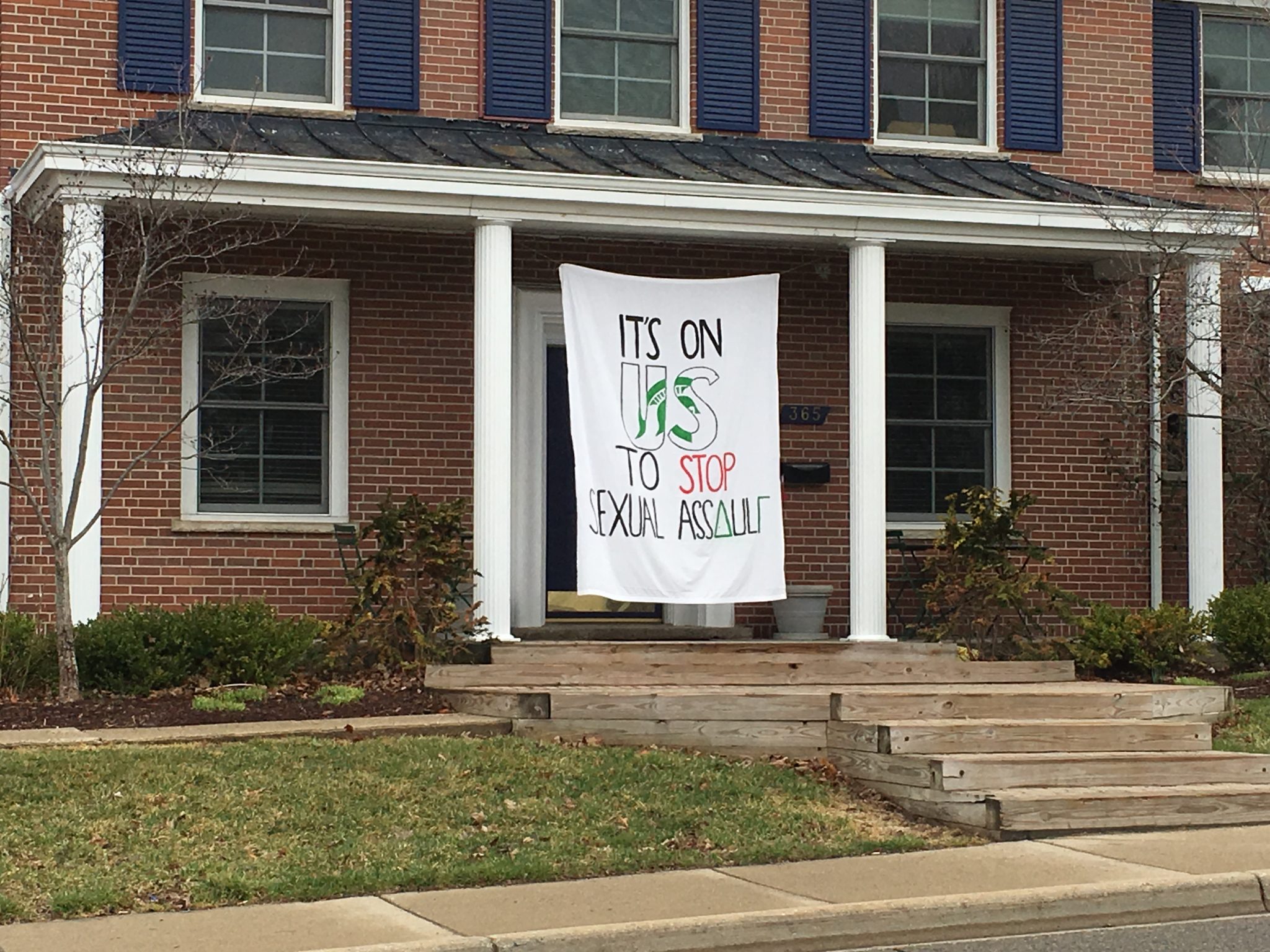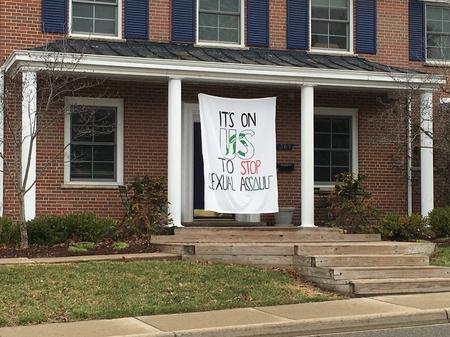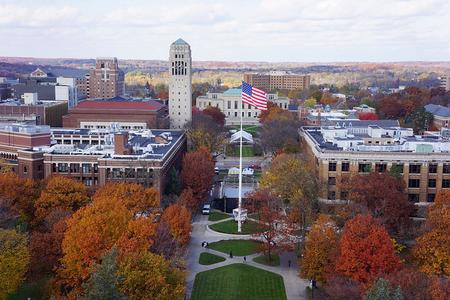How Should Universities Handle Campus Sexual Violence Cases?
“It’s horrifying. It is ugly. It is violating. It lasts a lifetime.”

About one in five women in college are sexually assaulted during their undergrad years. And yet the vast majority of those sexual assaults are never reported to authorities.
Sexual violence is nothing new on college campuses, but it’s only in recent years that we’ve seen universities become vocal about a campus culture that promotes rape and assault. But those full-throated reactions from college brass have come, in part, from outside pressure. And now, U.S. Secretary of Education Betsy DeVos says whatever colleges and universities are doing to change, isn’t working.
In a statement last week, DeVos said she would “seek public feedback and combine institutional knowledge, professional expertise and the experiences of students to replace the current approach with a workable, effective and fair system.”
But critics of DeVos worry she plans to make changes to an already-flawed system that would eliminate any progress in recent years, and instead push victims of sexual violence deep into the shadows.

Nancy Hogshead-Makar swam in the 1984 Olympics and won a handful of gold medals. Before she went to the summer Olympics in Los Angeles, Nancy was a swimmer at Duke University. While there, she was raped during an evening run, a horrifying and violent attack by a stranger. Now Nancy is a Title IX attorney and professor, and an advocate for women in sports. She joins Detroit Today with Stephen Henderson to talk about her experience and react to Secretary DeVos’ statement regarding the Title IX rule changes.
“The narrative is that this is just two people who miscommunicated, and that the poor guy, he just wasn’t clear about getting consent for the other part, and how was he supposed to know?” says Hogshead-Makar.
“Well, actually, that’s not what the research shows,” she continues. “The research shows that rapists go out of their way to target individuals… And that they do so over and over again.”
Also joining the program is Laura L. Dunn, the founder and executive director of SurvJustice. She also shares her story of being sexually assaulted as a college student at the University of Wisconsin, and how that experience led her to found the national non-profit which advocates for survivors of sexual violence.
“Two men who were on the crew team with me made the decision to sexually assault me,” says Dunn. “I say that intentionally. It wasn’t an accident. There wasn’t confusion. There was alcohol involved. And they knew I was unable to defend myself… It’s horrifying. It is ugly. It is violating. It lasts a lifetime.”
A number of callers and social media followers ask about whether expelling students based on a “he-said-she-said” version of events is unfair to students accused of sexual assault.
“I’ve seen more campus hearings that any of the people who are tweeting at you right now,” Dunn responds. “And I’ve seen how they go through, what the process is, what it looks like. And a lot of the outrage that people are raising their fists and yelling about is because they’re conflating the system.”
One caller into the show wanted to know the role “restorative justice” could play in finding resolution for victims of sexual assault. Restorative justice is a process by which a victim and perpetrator sit down together in a mediated session to work through an incident outside of the legal process. Hogshead-Makar says restorative justice might work for some crimes, but not in cases of sexual violence.
“When it comes to sexual assault, there’s so much trauma involved that’s not involved [for instance] when someone graffitis your house… it doesn’t make sense [in cases of sexual abuse.]”
Detroit Today host Stephen Henderson also speaks with Michigan Radio’s Joe Linstroth, who has done investigative reporting on the issue here in Michigan, as well Lansing State Journal justice reporter Matthew Mencarini. POLITICO education reporter Benjamin Wermund also joins the show to talk about his reporting on DeVos’ decision last week.
Click on the audio player above to hear the full conversation.


